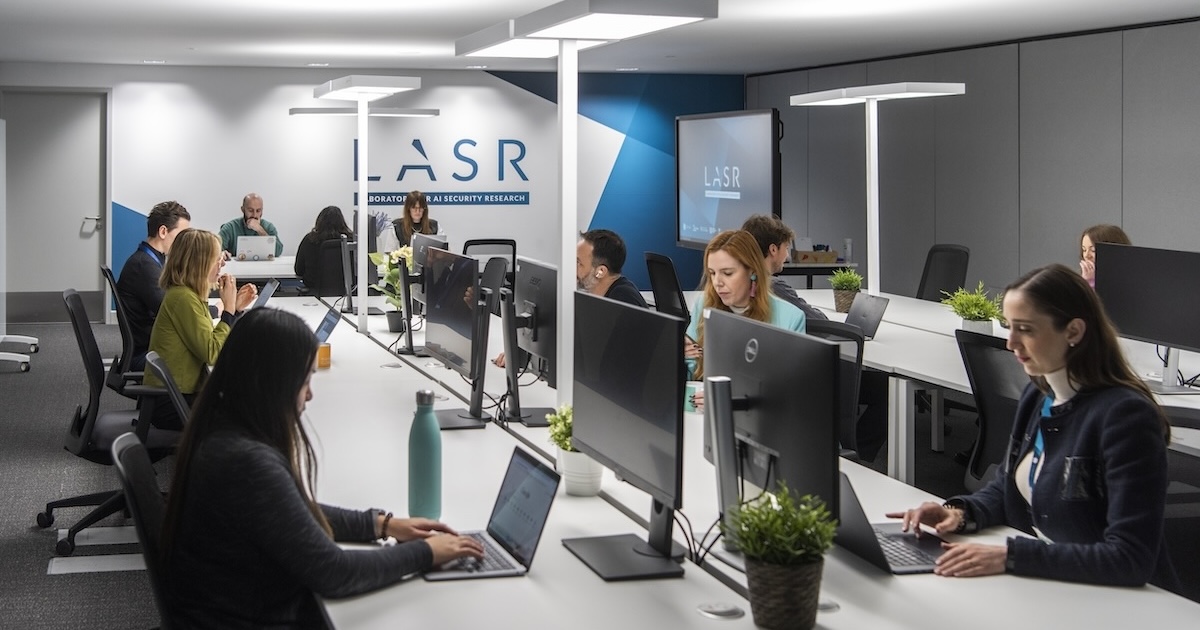Applications are open now for London RoadLab: a 10-week programme aimed at developing tech-led solutions to minimise the impact of roadworks. Here, Tony Markovski, chief innovation officer at Plexal, says that London RoadLab is an exciting example of how the custodians of the public’s data resources are using it to generate societal good.
The Mayor’s ambition for London to become the world’s smartest city is an exciting one. As more data flows it’s important that the spoils are shared between companies, government and everyday people. We also need to collaborate with each other to enable innovators to turn this data into useful products that ultimately help makes the lives of Londoners better.
Many smart cities already recognise and champion this philosophy. Barcelona, for example, is exploring ways of using data to understand urban challenges like noise pollution and believes citizens should be able to leverage data held in the public realm.
Here in London, TfL not only thinks directly about its role in transport but considers the health, environmental and societal impacts a city’s transport network can have. “Ultimately, we want to encourage more people to pursue active travel by walking or cycling because we know that this is better for their health and would ease pressure on the NHS,” Daniel Gosselin, foresight and innovation advisor at TfL told me. “As a public-sector body, we have a responsibility to support the city’s wider agenda by taking a holistic approach to all areas that transport touches.”
That’s one of the many reasons TfL has been a pioneer when it comes to opening up its data. As Daniel said: “We strongly believe that by providing open data to the market we will see a continued supply of new services that make everyones lives better”. TfL is in a unique position to do this because of the sheer breadth of anonymised information it’s able to collect. This is in part thanks to London’s integrated transport network that oversees millions of journeys across multiple transport modes each day.
Mobility data: just scratching the surface?
Around 15,000 developers currently tap into this rich data vault (comprised of around 80 feeds), using it to power a slew of navigation apps that most people would be literally lost without. That being said, TfL believes there’s an opportunity for even more relevant products and services to be created by working in partnership with innovators. This collaborative approach is set out in the Mayor’s Smart London Plan, which states that the sharing of data by public bodies in London could allow us to find new, creative solutions for some of our city’s challenges.
Enter: London RoadLab
But while having access to rich data is highly useful, the London RoadLab programme offers even more than that. Not only will participants be given funding and access to pilot sites but they’ll also have the chance to work with data experts from TfL who can help them unlock the opportunities in fresh and interesting ways. Over 10 weeks, Plexal, TfL and its utilities partners will be helping innovators develop solutions that tackle challenges like congestion safety, pollution and equal access to the city’s roads when works are taking place.
Describing TfL’s wider vision for the programme, Rikesh Shah, head of commercial innovation and London Smart Board member, told me. “London has many of the building blocks needed to be a leading smart city and a testbed for innovation. Our hope is that London RoadLab will focus businesses on using technology and data sets to solve specific roadworks challenges we’ve identified. It’s about looking at our streets not as they are, but what they could be, placing people’s needs at the heart of innovation.”


